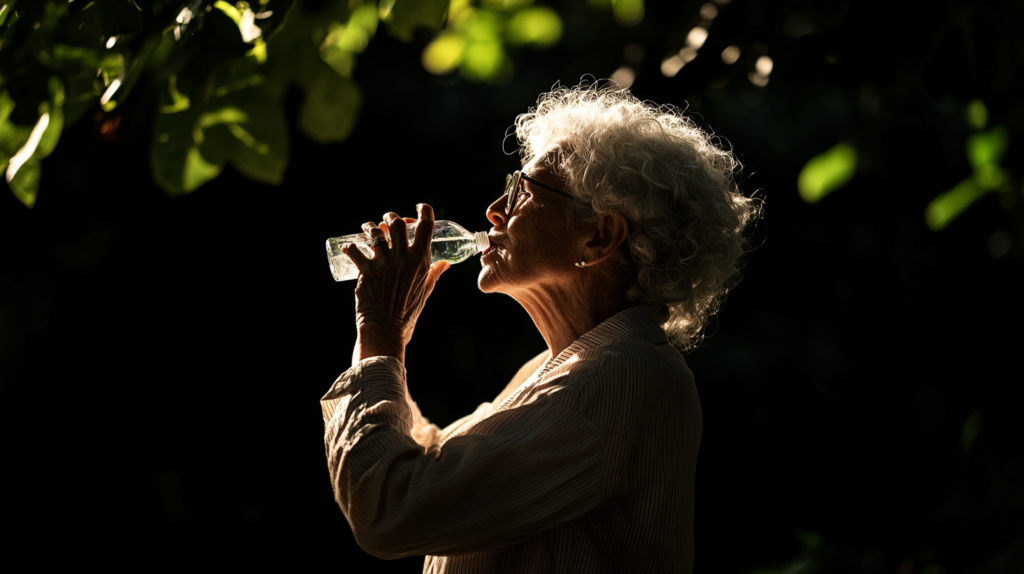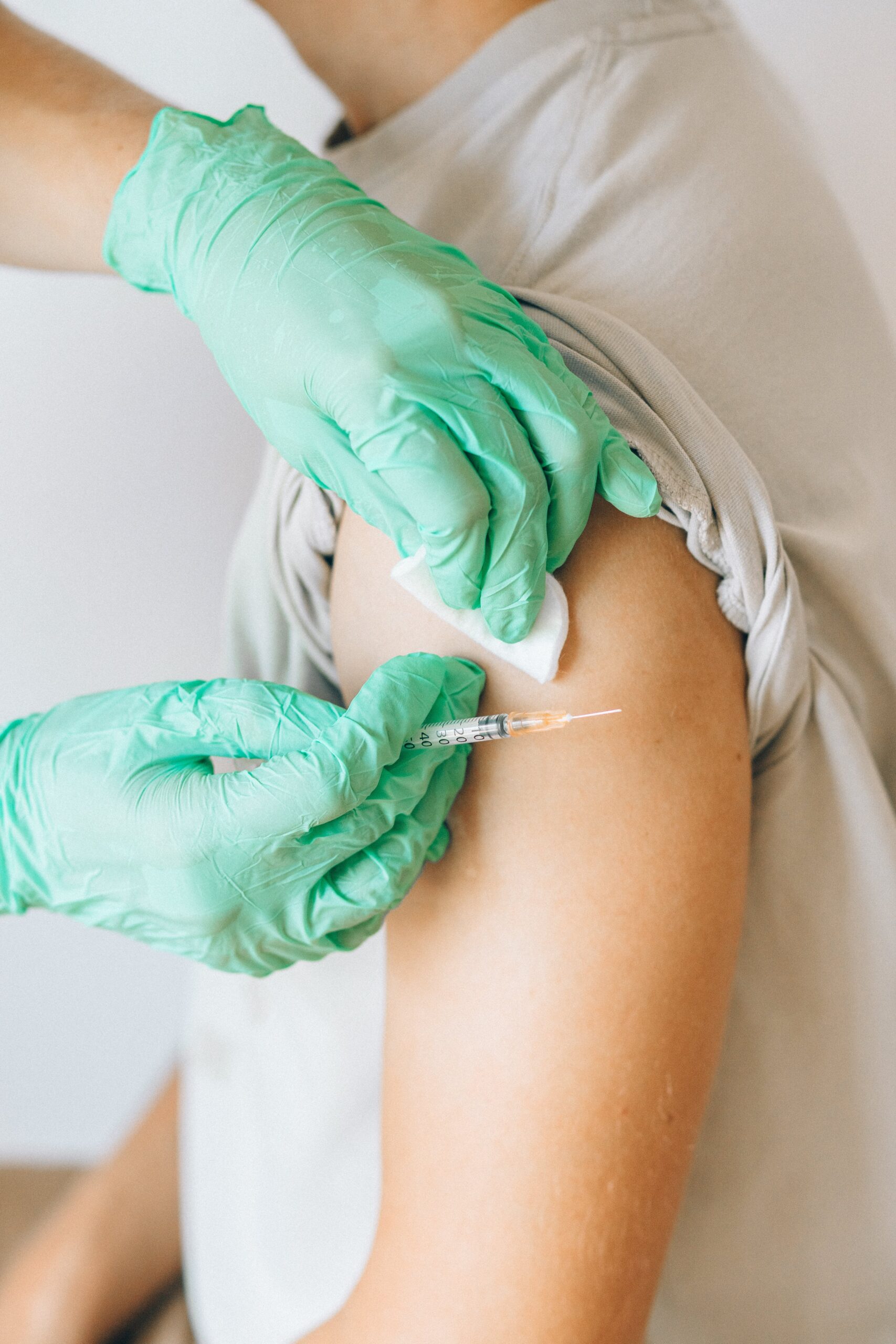
Picture this: It’s a sweltering July afternoon. You’re out for a casual walk, but within minutes, your body feels like it’s wading through soup. Your heart is pounding, your shirt is drenched, and suddenly, the idea of finishing your stroll seems as ambitious as climbing Mount Everest.
If this sounds familiar, you’re not alone. Heat and heart health go hand in hand, and for seniors, the summer months can be particularly dangerous. Rising temperatures put extra strain on the cardiovascular system, increasing the risk of dehydration, heat exhaustion, and even heart attacks.
But don’t worry—I’ve got your back (and your heart). Let’s dive into why summer heat is tough on the heart and what you can do to stay safe, cool, and heart-healthy all season long.
Why Heat is Hard on the Heart
Your heart works overtime in hot weather. Here’s why:
- More Work for Your Heart – When the temperature rises, your heart has to pump harder to send more blood to the skin’s surface, allowing your body to cool down through sweating. This extra workload can be exhausting—especially for seniors or those with existing heart conditions.
- Risk of Dehydration – Water is the fuel your body needs to function. When you sweat excessively and don’t replenish fluids, your blood thickens, making it harder for your heart to circulate oxygen. Dehydration can also lead to dangerous drops in blood pressure, dizziness, and even heatstroke.
- Medication Side Effects – Many seniors take medications like beta-blockers, diuretics, or ACE inhibitors, which can make it harder for the body to regulate temperature or retain enough fluids. If you’re on these medications, heat can hit you even harder.
- Increased Risk of Heat-Related Illnesses – Heat exhaustion, heatstroke, and even sudden cardiac events are more common in high temperatures. If your body overheats, it can’t cool itself efficiently, putting extra strain on the heart.
Signs Your Heart is Struggling in the Heat
Your body will send warning signs if the heat is becoming too much. Look out for:
- Dizziness or Lightheadedness – A drop in blood pressure from dehydration or overheating.
- Rapid Heartbeat – Your heart working overtime to cool you down.
- Shortness of Breath – Difficulty breathing could mean your heart is under strain.
- Excessive Sweating or No Sweating at All – Both can indicate heat exhaustion or heatstroke.
- Nausea or Weakness – Signs that dehydration is taking hold.
If you experience these symptoms, get into a cool area, drink water, and rest immediately. If symptoms persist, call 911.
Summer Strategies for a Heart-Healthy Season
Now for the good stuff—practical tips to stay safe while still enjoying summer.
1. Hydrate Like Your Life Depends on It (Because It Does!)
Water is your heart’s best friend. Seniors should aim for 8-10 glasses per day—more if you’re sweating. Pro tip: If you’re waiting until you’re thirsty, you’re already behind.
Try This: Carry a reusable water bottle and set reminders to sip throughout the day. Add lemon or cucumber for a refreshing twist!
2. Dress Smart, Stay Cool
Lightweight, loose-fitting clothes made of cotton or moisture-wicking fabric help your body stay cool. Dark colors absorb heat—so go for light colors instead.
Bonus Tip: A wide-brimmed hat and sunglasses aren’t just fashionable—they protect you from overheating and sun exposure.
3. Time Your Outdoor Activities Wisely
The sun is hottest between 10 AM and 4 PM. Plan walks, gardening, or other outdoor activities for early morning or late evening when it’s cooler.
Alternative: If you love walking, find an air-conditioned indoor mall to get your steps in!
4. Eat Light and Fresh
Heavy meals force your heart to work harder to digest. Instead, focus on:
✅ Water-rich foods like watermelon, cucumbers, and oranges.
✅ Lean proteins (grilled chicken, fish, beans) instead of greasy, fried foods.
✅ Limit salty foods, which can dehydrate you.
Pro Tip: Try homemade fruit smoothies for a heart-healthy, cooling treat!
5. Check Your Medications
Some medications increase dehydration risk. Talk to your doctor or pharmacist about whether any of your prescriptions increase heat sensitivity.
Action Step: Always keep a list of your medications with you in case of emergencies.
6. Create a Cool-Down Plan
Know where you can escape the heat—whether it’s a friend’s house, library, or senior center. If you don’t have AC, a simple cool shower or wet washcloth on the wrists and neck can help lower your body temperature.
Try This: Freeze a damp washcloth and drape it around your neck for instant relief
7. Know When to Stay Indoors
There’s no shame in skipping outdoor plans when it’s dangerously hot. Watch the heat index—which measures temperature and humidity together. If it’s over 90°F, stay inside where it’s cool.
Plan B: Instead of a picnic, have a summertime indoor brunch with family or friends!
Final Thoughts: Listen to Your Body
The summer months should be enjoyable, not a health hazard. The key to protecting your heart in the heat is prevention—staying hydrated, dressing cool, and knowing your limits.
If the heat makes you feel “off,” don’t push through it—listen to your body. A little caution goes a long way in keeping your heart strong and your summer stress-free.
So go ahead, enjoy those BBQs, beach days, and sunny afternoons—just do it wisely and safely. Your heart (and your loved ones) will thank you for it! ❤️☀️



